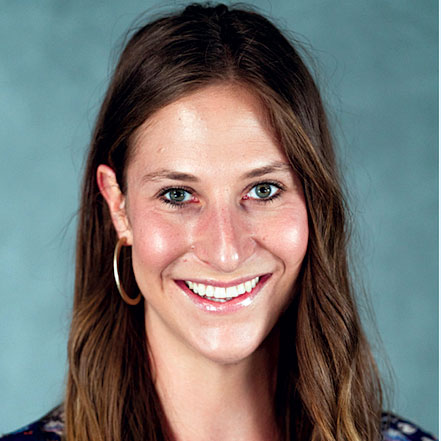
A recently published analysis takes a closer look at nursing home care for elderly blacks and Latinos and offers up several possible solutions to bolster care for those underserved populations, which are rapidly growing in numbers.
One key takeaway for skilled nursing facility administrators is the importance of having a social worker on the interdisciplinary care team, said Vivian Miller, lead author and a former nursing home social worker turned academic. She was surprised to find that guiding policies from the Centers for Medicare & Medicaid Services do not require such professionals as part of SNF care.

“I urge administrators and leaders to reconsider this. The lack of social worker on the team may have detrimental consequences to our aging adults,” Miller, a doctoral candidate and research assistant at the School of Social Work, University of Texas at Arlington, told McKnight’s. Such professionals have a “unique skill set,” and “to improve the lives of these older adults and truly provide person-centered care, we must include them on an interdisciplinary care team and harness this skillset.”
Authors note this issue is critical for nursing homes with populations of minority elders growing at a substantial rate. Minority older adults, especially blacks and Latinos, experience a higher burden of preventable diseases, the authors noted. By 2030, racial and ethnic minorities are expected to comprise almost 30% of the older adult population in the U.S.
Based on their analysis of public policy, published in the latest issue of Social Work in Health Care, they offer five additional changes to improve nursing home care for these populations, besides making social workers a part of the interdisciplinary team:
- Require nursing homes to understand the culturally specific care needs of minority populations, possibly by studying resident-reported preferences and values.
- Train nursing home staff in culturally appropriate assessments, interventions and care delivery.
- Improve healthcare assessment tools and interventions to focus on mitigating gaps in care that are related to race, ethnicity and culture.
- Provide a space for advocacy in which minority older adults are able to address the issues they identify as important in the SNF setting.
- Research to better understand the variations in caregiving needs among ethnic minority groups.
“If practitioners and healthcare leaders, whose feet are on the ground, keep up with researchers and vice versa, together we can harness these synergistic relationships to improve the lives of this population,” Miller told McKnight’s.




